These Latinas are Bringing Afro-Latina Representation to the Forefront

Nydia Simone
Founder of Blactina Media and filmmaker Nydia Simone is working to break the eurocentric representation in American media. Studying theater at the City College of New York, Simone has built her career combining digital media with film and theatre. In her career, she's been able to weave through film world roles like writing, directing, producing, and acting in web series and short films.
In 2017, Simone founded Blactina to bring Afro-Latine and Caribbean people to the forefront of media after realizing her family dynamic was not on screen. "The focus of [Blactina Media] is really to have authentic Afro-Latine and Caribbean representation on screen," Simone said in an interview with Bronxnet.
Janel Martinez
Multimedia Journalist and entrepreneur Janel Martinez dedicates her career to creating the media space, Ain't I Latina? for Afro-Latinas. The website was formed out of the pride her mother instilled in her in being "Black-Hispanic" and noticing a lack of Afro-Latine stories being told in the news. "Oftentimes to see myself reflected was African-American media, so magazines like Essence," Martinez said in an interview with Remezcla.
After she earned her degree in journalism from Syracuse University, she began writing for
The Black Voice, a student-run publication, and serving as an editor for La Voz, a magazine dedicated to Latino news. Currently, she continues to work as a storyteller for Ain't I Latina, celebrating and highlighting Afro-Latina womanhood.
Candace Valenzuela
Meet Candace Valenzuela, a fierce politician and activist making waves in the state of Texas. She's a regional administrator for the U.S. Department of Housing and Urban Development and was the Democratic nominee for Texas's 24th congressional district in the 2020 elections. But that's not all.
She decided to give back to her community by pursuing a career in education after graduating from Claremont McKenna College. After becoming a mother, she transitioned into public service by becoming the first Afro-Latina on her local school board. She won the primary runoff for an open seat in the U.S. House by promising to fight for hardworking families. She should know as she has been personally affected by homelessness, has had to work multiple jobs, and has dealt with costly medical bills due to a pre-existing condition. "I'm frustrated with the representation we're seeing from politicians across the board," Valenzuela said in a
Facebook Live video. "The people representing us never have had to experience these issues firsthand."
5- Candace Valenzuela, an Afro-Mexicana, was appointed by President Biden as a regional administrator with the Department of Housing & Urban Development. Despite losing the race for Texas’ 24th District, she continues to push for housing improvements and an inclusive education. pic.twitter.com/T1GYWTD5GZ
— Voto Latino (@votolatino) February 1, 2023
Nodia Mena
Nodia Mena is a Spanish Lecturer at the University of Greensboro in North Carolina. From Honduras, she moved to New York as a young adult. There, she learned English, graduated from college, and became a mother. Mena decided to dig into her Garifuna culture after realizing she had yet to learn about it in school in Honduras.
After moving to North Carolina, she struggled to find a community like the one she had in Honduras—until she began to see similarities in the cultures of the Puerto Ricans and Dominicans who worked with her. "Now when I think about connecting with other people, I realize there's nothing scary or mysterious—we can connect over food, music, passion," Mena said in a TEDx talk.
Mena is currently a Lecturer of Spanish in the Department of Languages, Literatures, and Cultures at UNC, and she is pursuing her doctorate in Educational Leadership and Cultural Foundations in the School of Education at UNCG.
Connecting With My Garifuna Culture | Nodia Mena | TEDxUNCGreensboroyoutu.be


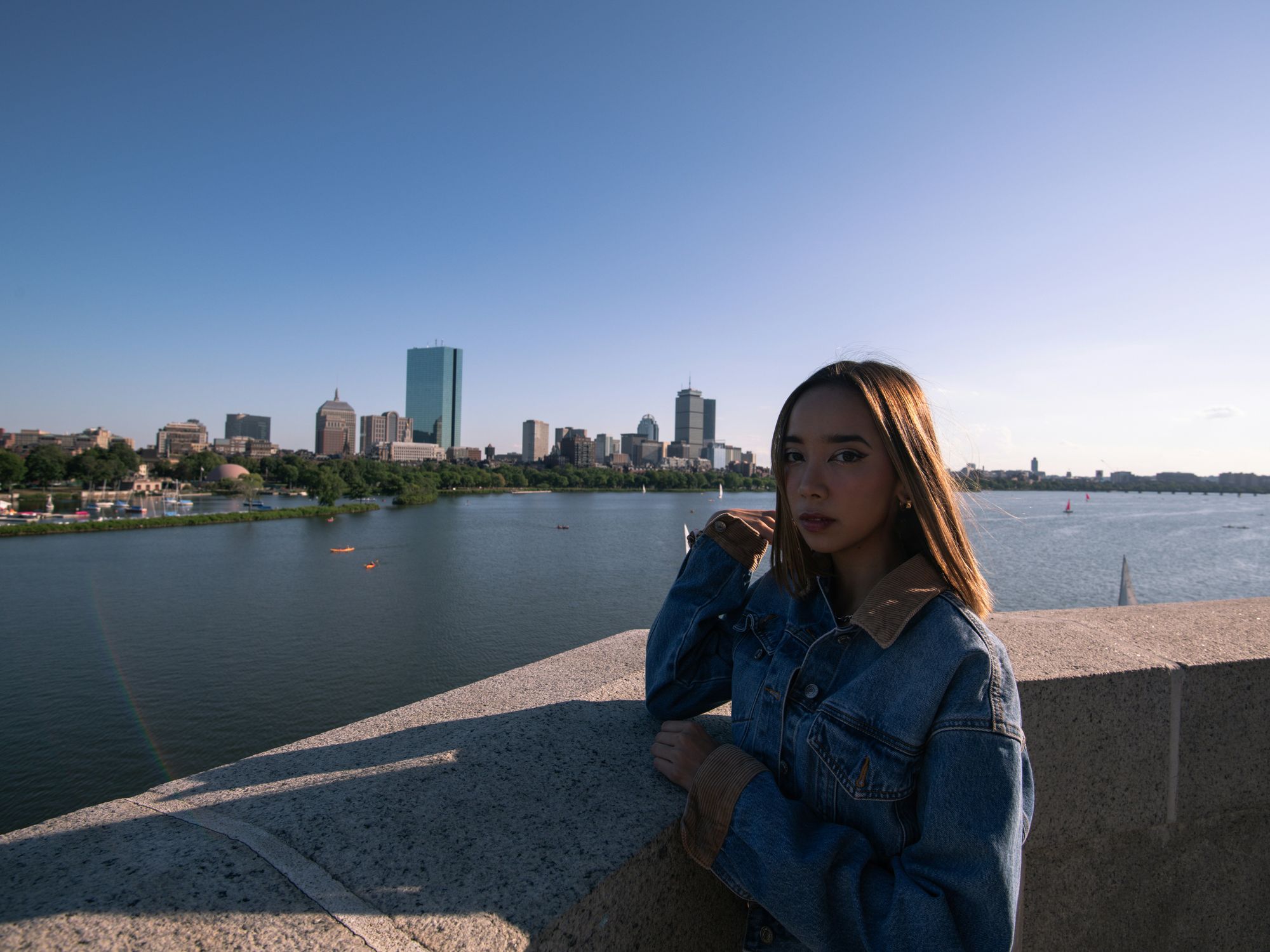 Photo by
Photo by  Photo by
Photo by 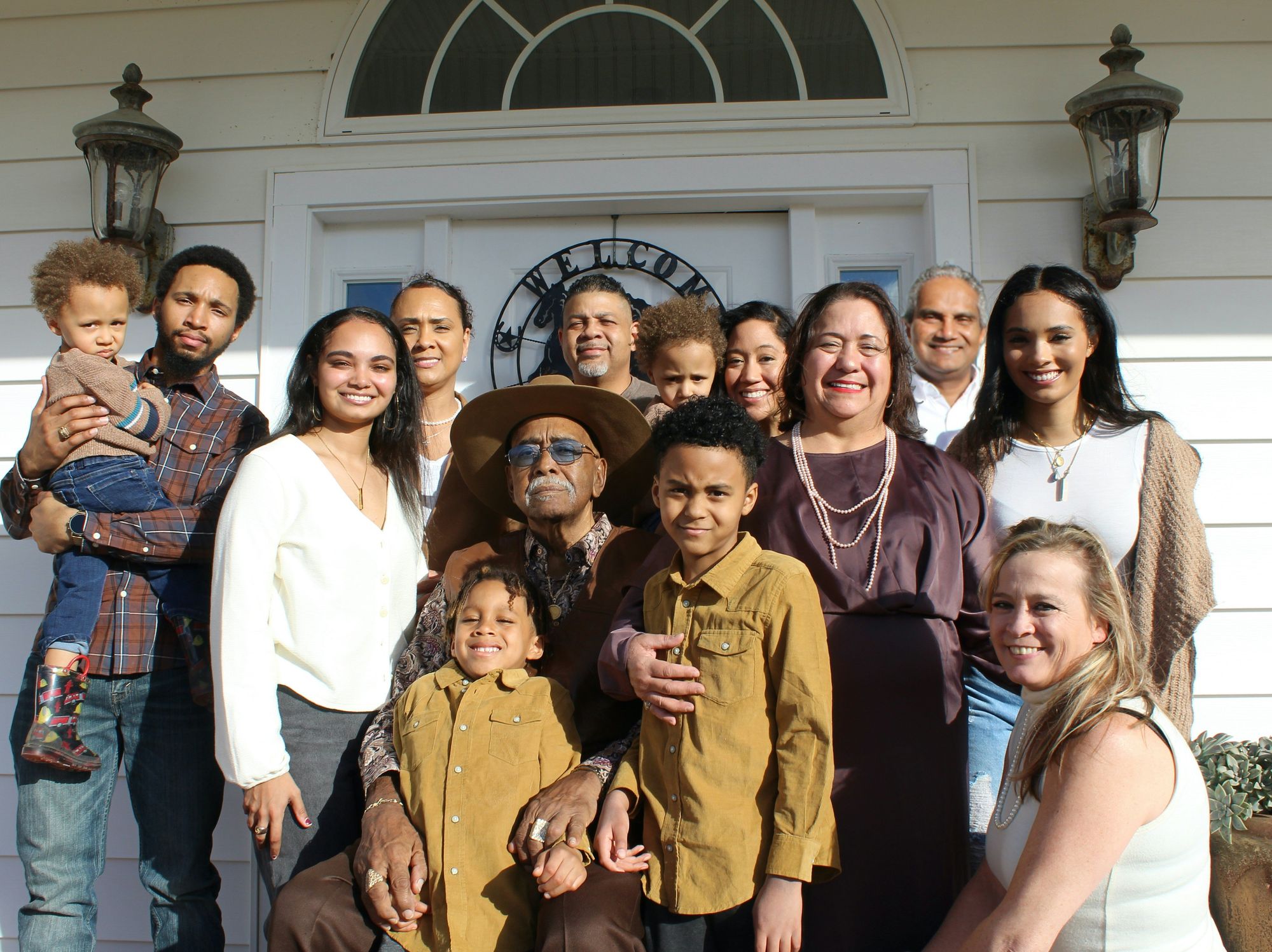 Photo by
Photo by 
 Photo by
Photo by 

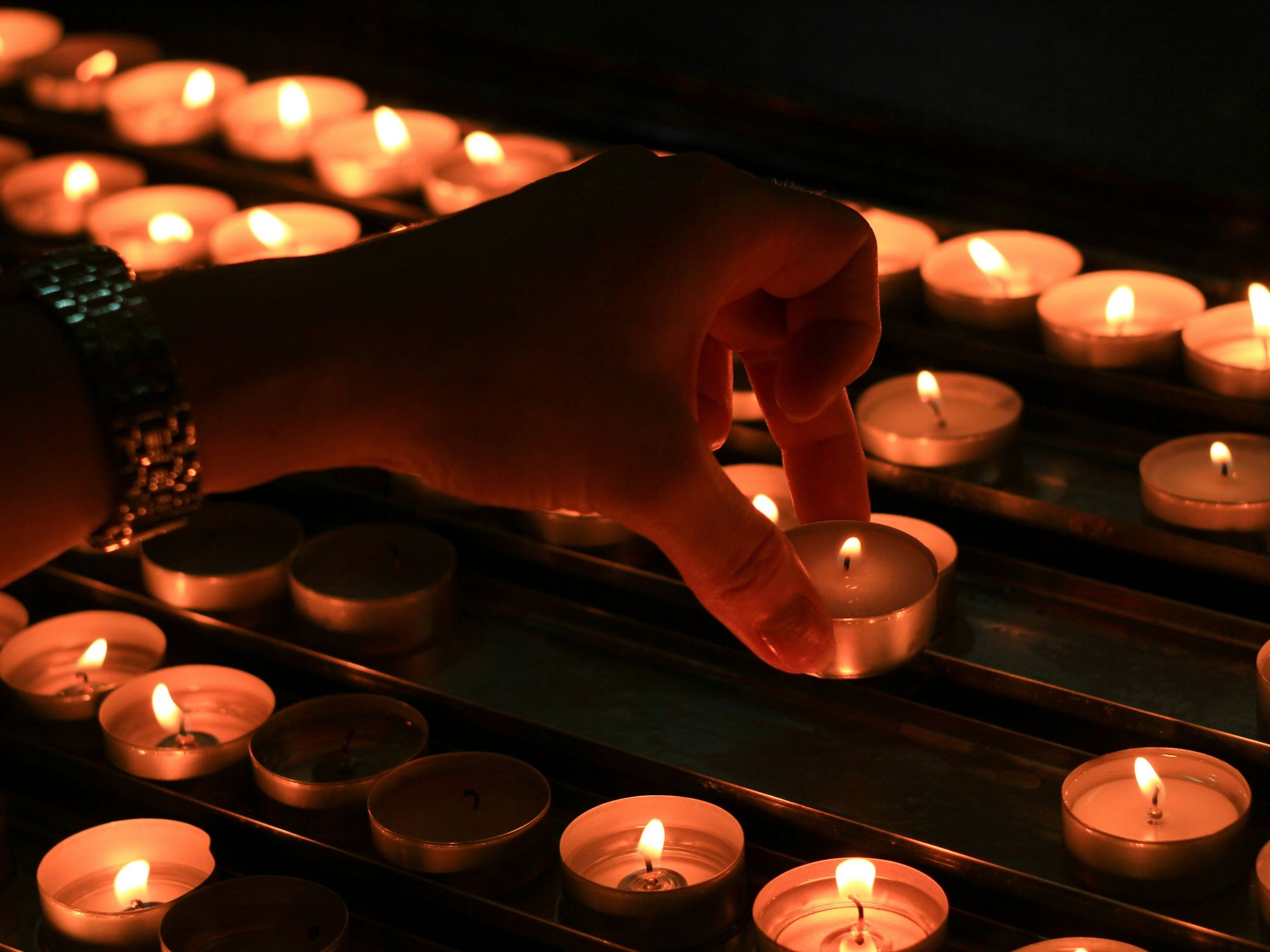 Photo by
Photo by  Photo by
Photo by 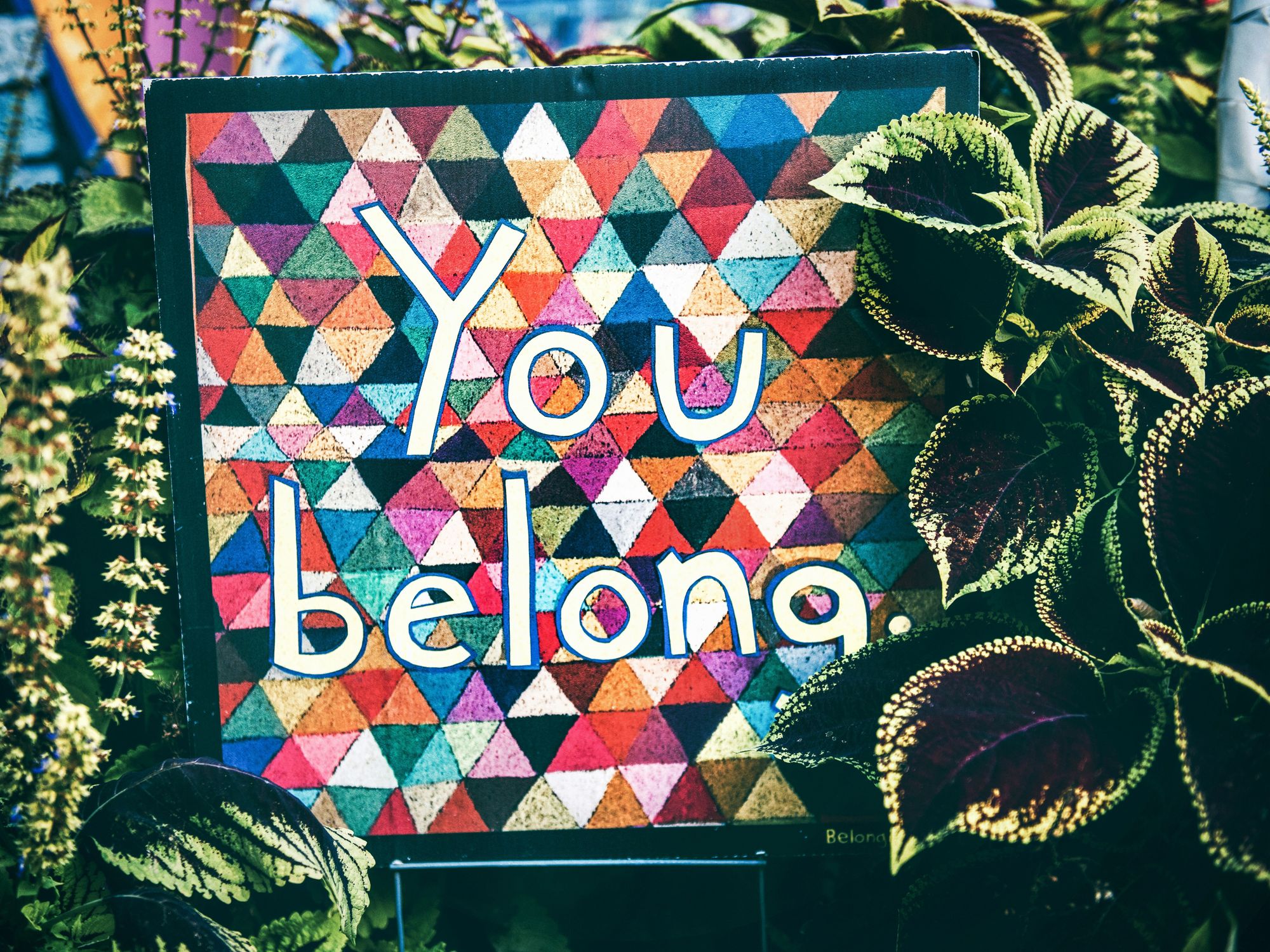 Photo by
Photo by 








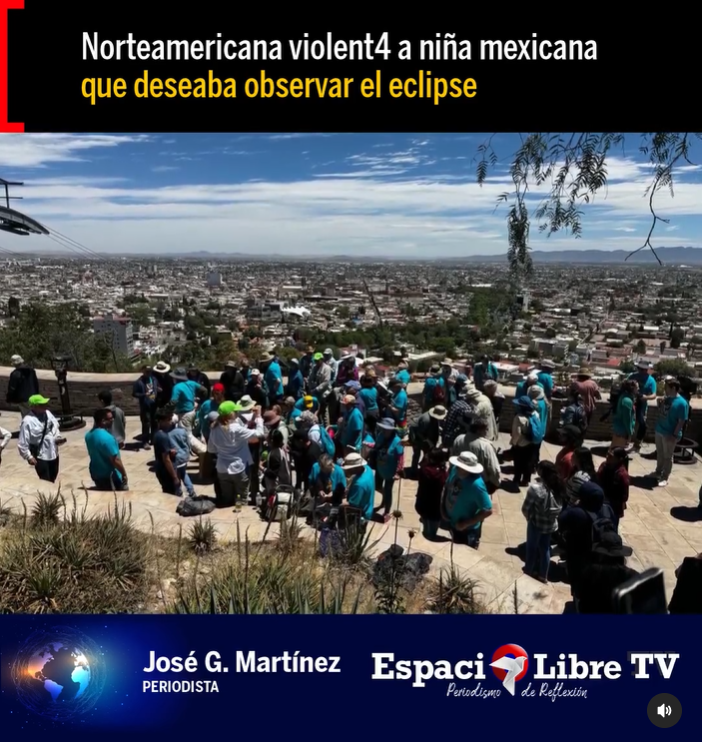 Video by
Video by Video by
Video by Video by
Video by Video by
Video by Video by
Video by Video by
Video by Video by
Video by Video by
Video by